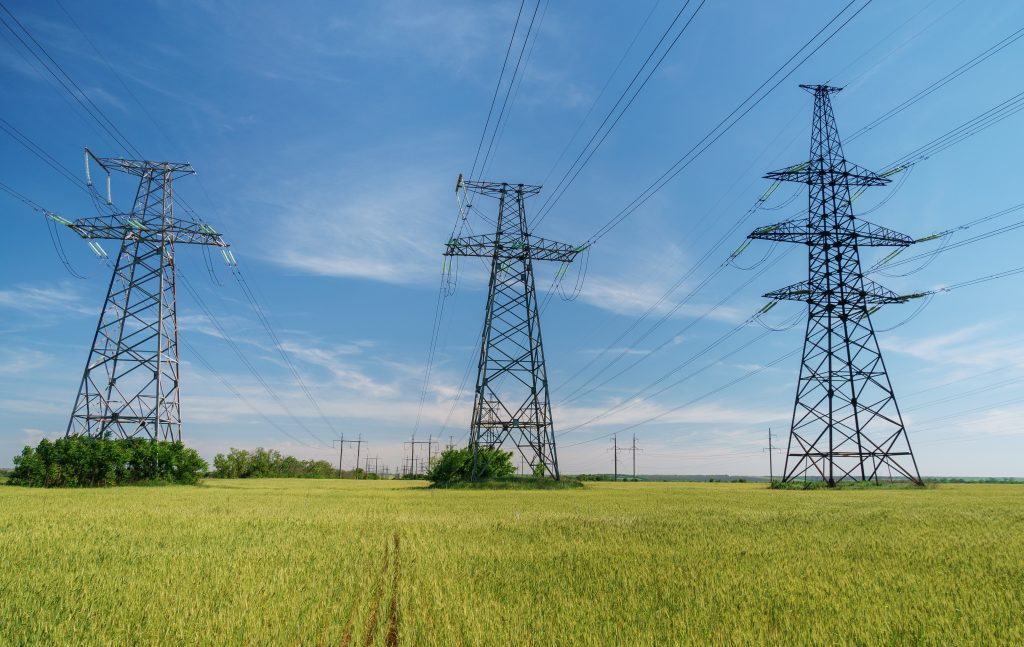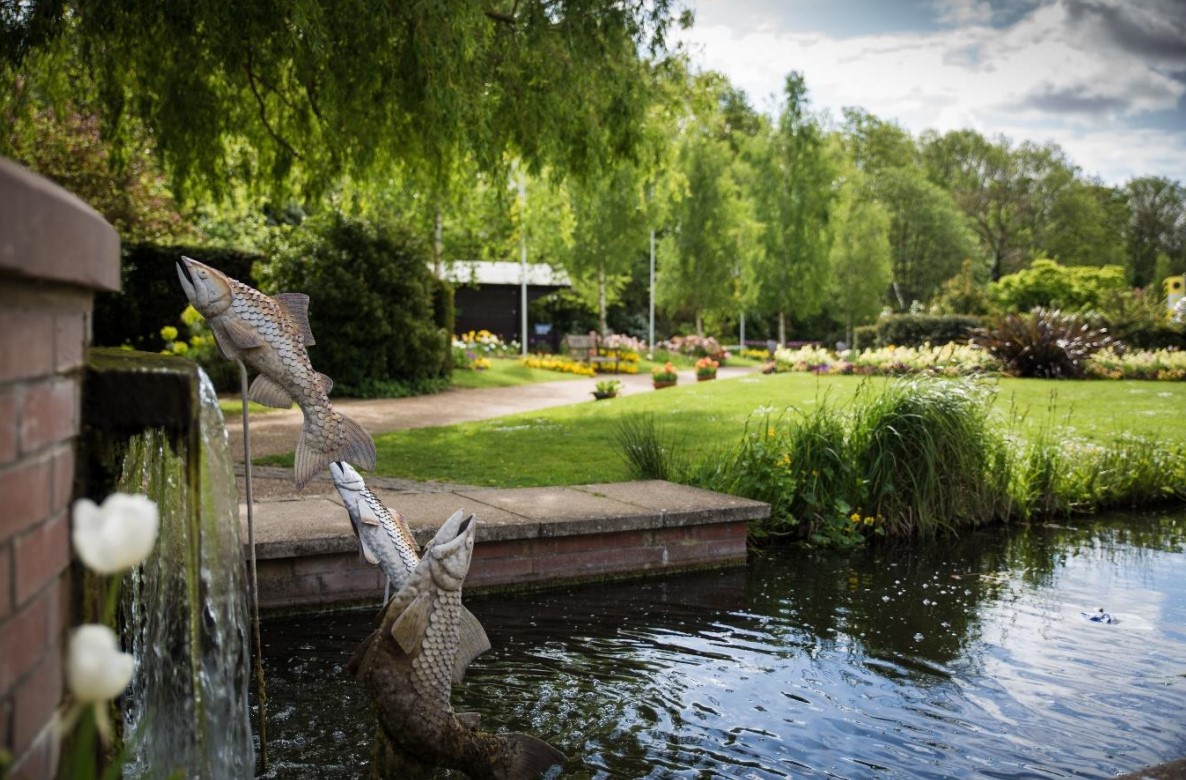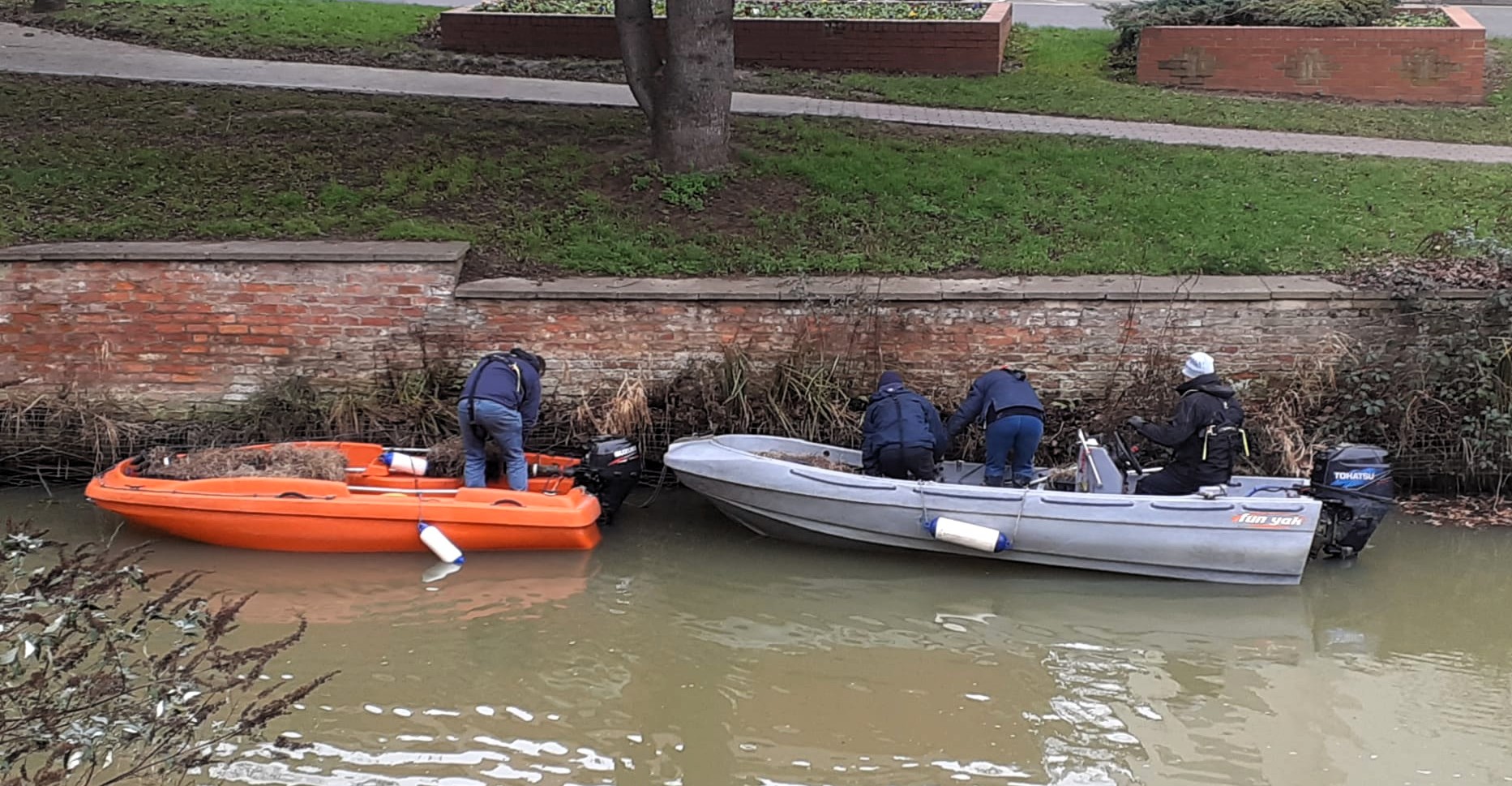The National Grid could be facing legal action over the proposals to site 87-miles of pylons straight through South Holland.
It’s looking to create a new above ground electrical line between Grimsby and Walpole, in Norfolk.
But Lincolnshire County Council is ready to take the matter to court over the way the National Grid has been ‘consulting.’
And the plans for 420 pylons bringing power from offshore back to sub stations.
The first consultation process was due to end yesterday (13) and the county council is ready to fight the plans.
“I’ve taken the view that if you are going to have a meaningful consultation exercise, you’ve got to give people real options that they can choose,” said Coun Colin Davie, portfolio holders for economic development, environment and planning.
National Grid is only offering the pylon option while those opposing the plan are asking for either undersea or under land connections that won’t impact the landscape.
“They can’t really be promoting a scheme when there has been no formal consultation on the other proposal. So, I think they are racing ahead without due regard to the public view on this,” said Coun Davie. “The public view is crystal clear, they don’t want the pylons and they expect us, as their representatives, to oppose these proposals being imposed on us. That’s exactly what we intend to do.
The National Grid said the cost of the plan stands at £1.07 billion. It says the cost of putting cables underground is £6.54 billion and to put them under the sea is £4.39 billion.
The county council has requested the business plans for all three options, but they haven’t been provided so the councils Executive voted to conduct an independent review.
“We don’t believe the costs for pylons are correct, simply because there are no numbers for compensation requirements, compulsory purchases or any of those things. We are going to have a real look at this.
“We are going to be very thorough about it and we going to do it from a legal perspective,” said Coun Davie.
Leader of the council, Martin Hill, indicated that if the independent review reveals insufficient consideration of various other factors, they might contemplate further legal action.
“I think there’s all sorts of other environmental and safety issues that would need to be taken into consideration so we have agreed to do a report on that,” he said.
“But also, we’re not convinced that National Grid have done enough work to justify their decision.
“If we feel they’ve not gone through due process properly, we will consider legal action.”
A spokesman for the National Grid said the government has set an ambition to connect 50GW of offshore wind energy by 2030, enough green energy to power every home in the country.
“It is National Grid’s responsibility to connect new generation into the national transmission system to get it to where it is needed, safely and securely in a way that is economic and efficient.
“We understand that plans for new infrastructure, including overhead lines and pylons, can cause concern in nearby communities . . .and we will be giving careful consideration to all the feedback we receive.”







